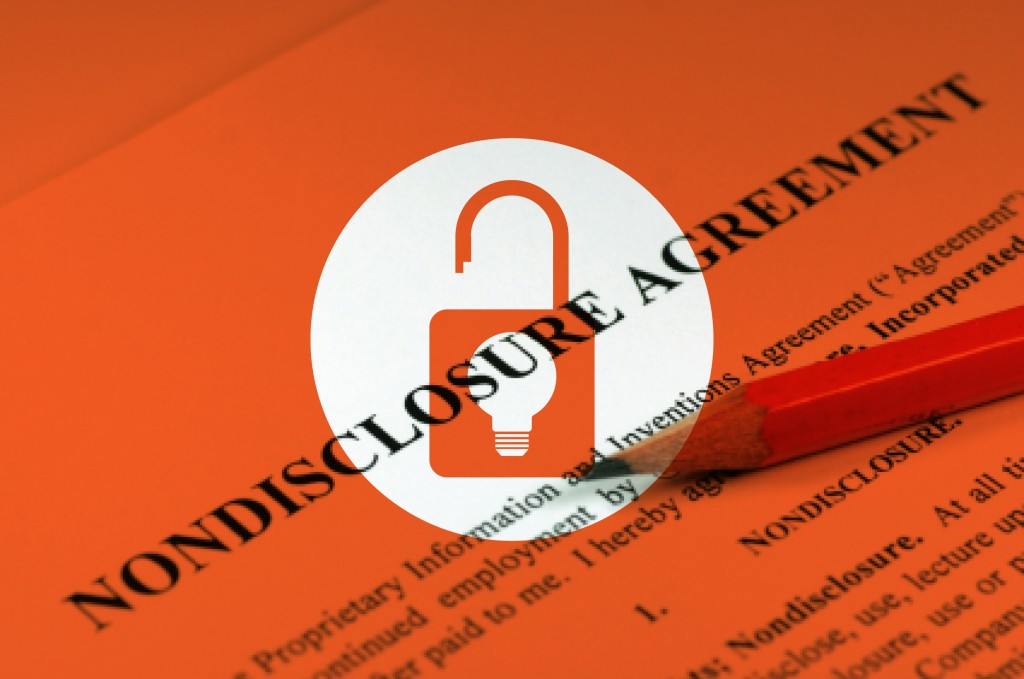Can we be honest?
Good ideas are hard to come by.
They’re like hens’ teeth.
Have you a good idea, but you’re afraid to discuss it for fear it will be robbed or copied?
You’re well aware that you can register a trade mark or a patent, and you know you enjoy copyright protection for your original work.
But ideas are different.
You can’t copyright an idea.
If you’re thinking about a new business venture, or product development, or potential investment, you would be right to be worried about your discussion becoming known to others, and your good idea, and hard work being exploited by somebody else.
Well, there is a solution to the problem.
And it’s a smart move if you want to protect yourself and avoid being ripped off.
It’s a well drafted, contractual document-a confidential/non disclosure agreement.
New business venture,product development, potential investment, business arrangement?
A confidentiality/non disclosure agreement can cover all these situations. And your document does not have to be 5 plus pages long and impossible to understand.
A one/two/three page agreement will do the job, provided it is drafted properly and has some vital elements.
Disclosing party and recipient party
The starting point for your contract/agreement will be the parties-who is the disclosing party and who is the recipient party?
The type of information that will be disclosed, and for which you will be seeking protection, needs to be spelled out.
Technical and financial information would be common inclusions, but new ideas, strategies, tactics could also be protected.
Confidentiality of information
The principal job that you want your contract to do is to protect the confidentiality of the information you disclose to the other party (‘recipient party’).
You would also want to provide for the return of same if, for example, you shared documents or software.
What happens if there is a default?
Default or breach of the agreement? Your agreement should provide for injunctive relief and/or damages. This means you can to to Court and seek an injunction to prevent the continued disclosure of the information, and/or compensatory damages.
Other Important clauses
Your confidentiality/NDA contract should also contain a number of other important clauses:
- that there is no representation being made by you, the disclosing party, as to the accuracy and completeness of the information disclosed;
- the agreement is being drawn up at the request of the disclosing party, so it would be enforceable by the disclosing party; also, any variation or waiver would be at the behest of the disclosing party;
- the duration of the agreement-5 years would be typical but will depend on the type of information which is disclosed, because what is worthy of protection in some industries will change pretty rapidly;
- there should be provision that the NDA cannot be assigned to another party;
- the applicable law should be stated and the and binding effect of the NDA-your agreement should provide that Irish courts have exclusive jurisdiction over the agreement;
- signing places-both parties need to sign the agreement, and have their signatures witnessed.
A sound, well drafted Confidentiality/Non Disclosure agreement can provide you with protection, and peace of mind, in relation to your discussions.
There is no need to hide your new ideas or novel products, to the point where they will never see the light of day.
You can easily progress talks about your new business arrangement, new partner, or joint venture.
You just need to take some basic, prudent precautions, the most important of which is having goodwill and trust on both sides.
And a sound, effective Confidentiality/Non Disclosure Agreement.
